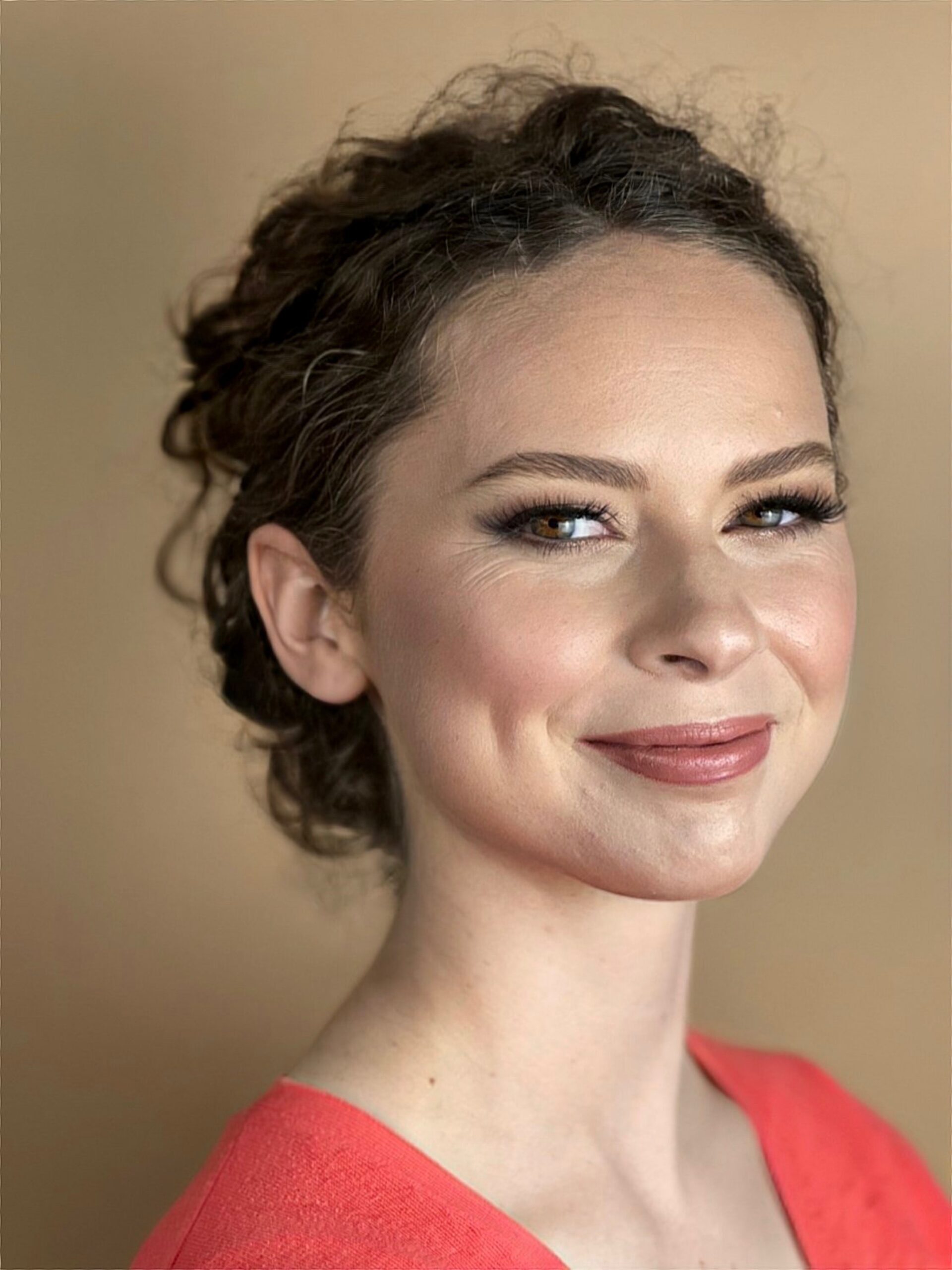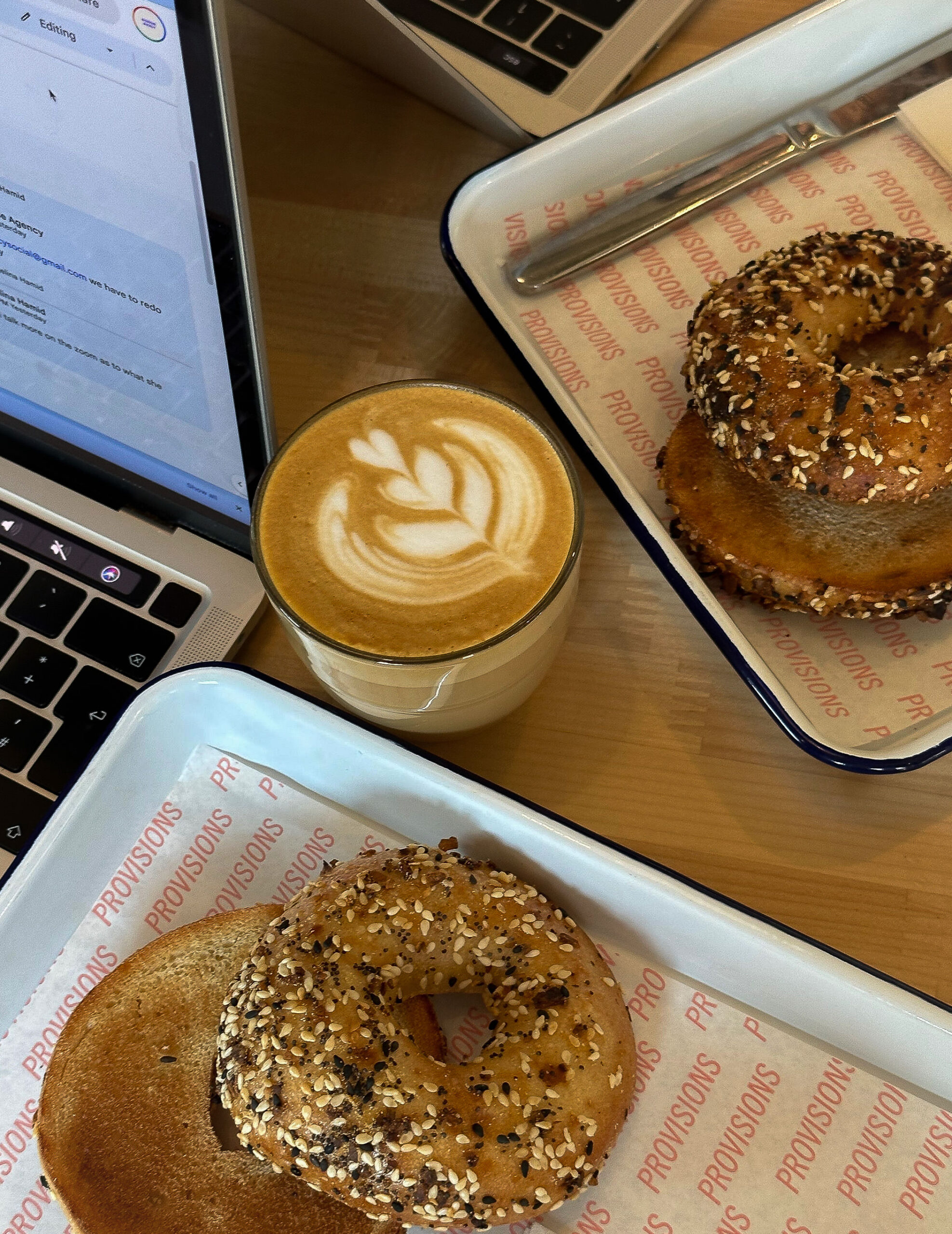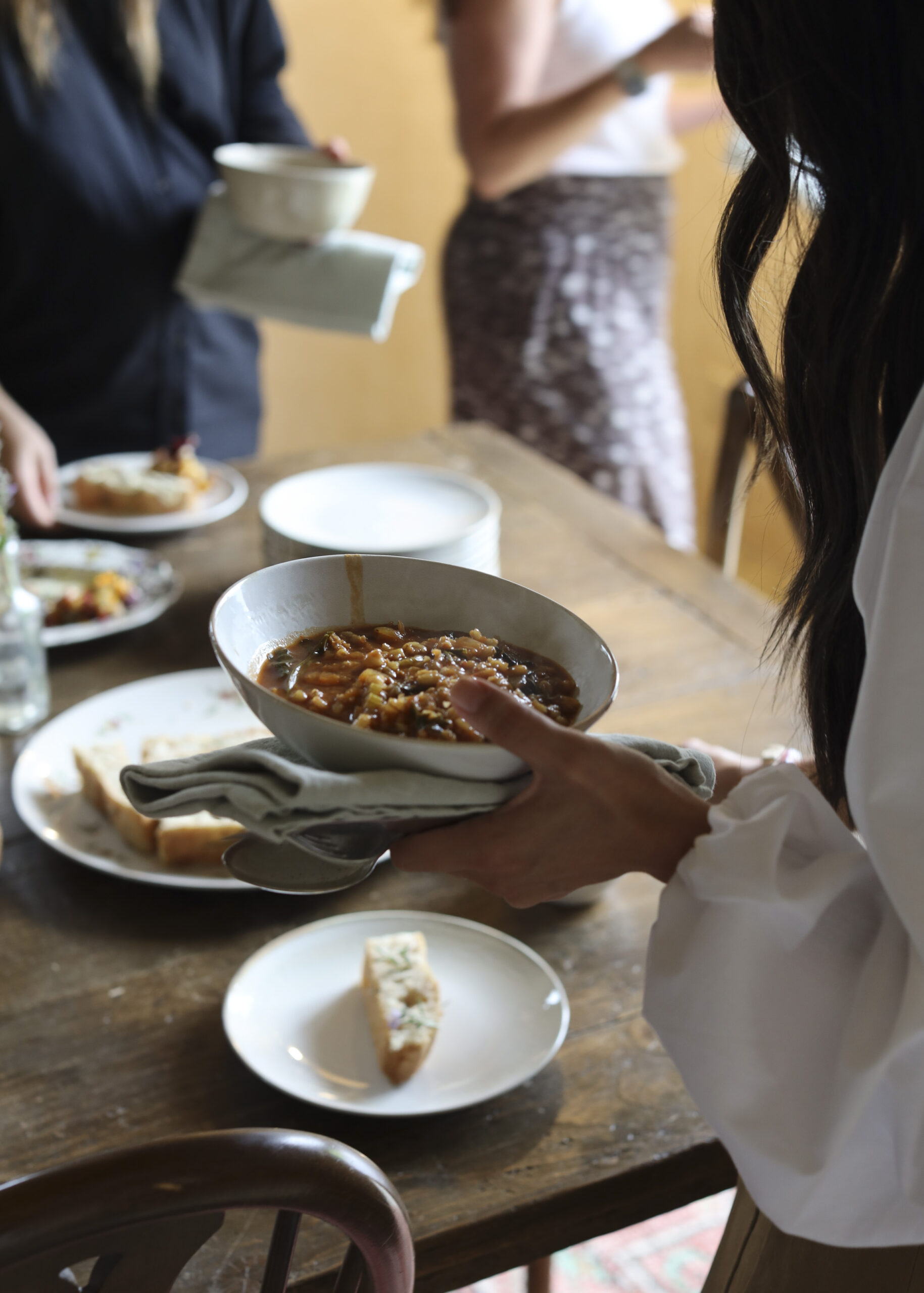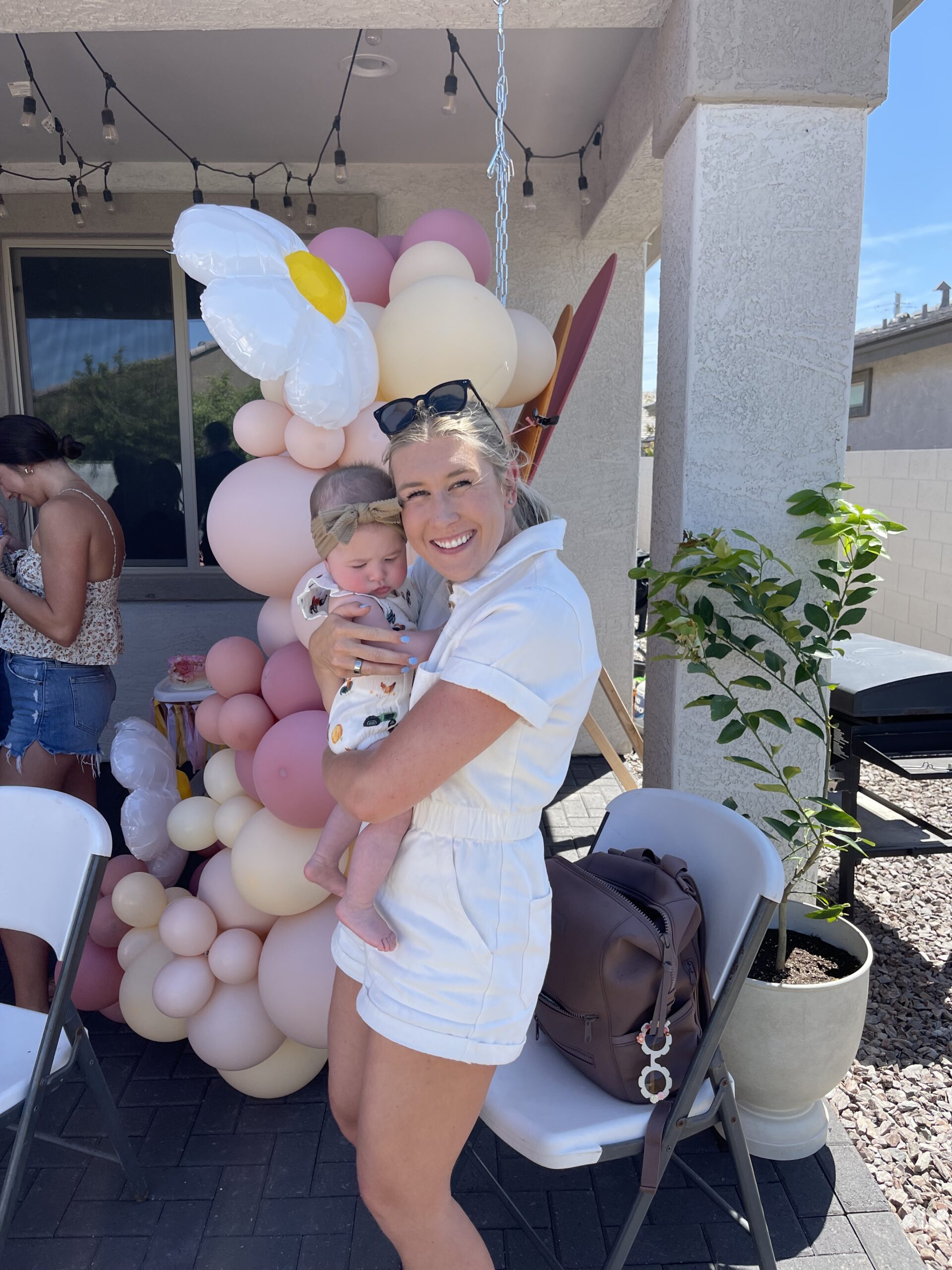Unraveling the Mystery of Body Image: How Cognitive Biases Impact Your Self-Perception
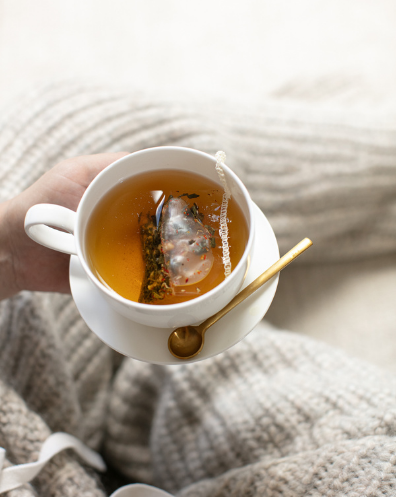
Written By:
Category:
Ryann Nicole
If you’ve ever felt like battling your own mind in your quest to feel better about your body, you’re not alone! The struggle to reshape our body image is no walk in the park, and it turns out our brains often conspire against us. Dive into the world of cognitive biases with us, as we unveil the key players that might be holding you back and how to make them work for, not against, your body image transformation.
What in the World Are Cognitive Biases?
Cognitive biases are like sneaky mind tricks – they’re errors in our thinking patterns. Our brains, in an attempt to speed things up, interpret information based on our existing beliefs. The catch? Our pre-existing beliefs aren’t always the most rational or positive. These biases can skew our judgment and insight by filtering out information that doesn’t align with our beliefs. As much as we’d like to shake them off, they’re an integral part of being human. But here’s the deal: we can turn the tables by understanding them.
Three Cognitive Biases That Hurt Body Image
If you’re convinced you’re not up to par – that you’re overweight, unworthy, or just plain unattractive – your brain’s got your back on this. It’ll happily highlight evidence to support these beliefs and conveniently overlook anything that contradicts them. Knowledge is power, so let’s explore three common cognitive biases that might be playing tricks on your body image:
1. Confirmation Bias – Stuck in the Loop
What it is: This bias makes your brain spot only the info that reinforces your current beliefs, which means it’ll find proof for your negative body image.
How to conquer it: Start by recognizing those body-related beliefs you’ve been toting around. Write them down, investigate their origins, and ask yourself, “What negative beliefs can I toss today?” The goal is to flip this bias in your favor – the more positive beliefs you adopt about your body, the more evidence your brain will serve up to support them.
2. Negativity Bias – Focusing on Flaws
What it is: This bias leads your mind to fixate on what’s wrong rather than what’s right about your body. Instead of admiring your healthy, fantastic body in the mirror, you notice every little flaw.
How to overcome it: Catch yourself in the act of negativity. We get it – transitioning from body hatred to body neutrality isn’t a cakewalk. But can you pinpoint one thing today that you can embrace about your body that you didn’t notice yesterday? As you gradually accept more of your body, you’ll shift from negativity to positivity bias.
3. Incentive Caused Bias – The Good vs. Bad Divide
What it is: This bias makes you feel positive emotions when you think you’re doing something good for your body and negative emotions when you believe you’re not. The issue? It can lead you to feel guilty for enjoying a birthday cake or skipping a workout.
How to overcome it: Time to redefine what’s good for your body! Be less rigid about what’s considered healthy and recognize that your mental and emotional well-being are as crucial as physical health. Missing a workout to spend time with a loved one or indulging in birthday cake benefits your mind and soul, and that indirectly impacts your body positively. Take a moment to redefine what benefits your body and ask, “How can I change this perception?”
Final Notes On Cognitive Biases and Body Image
Cognitive biases are here to stay, but that doesn’t mean they have to run the show. By understanding your current body-related thoughts, their origins, and how you can redefine or change them, you’re well on your way to embracing your unique, beautiful, healthy, and talented self – because you are more than enough, just as you are!
10 Self-Care Items To Use When Struggling With Body Image
Just so you know, I do review everything I recommend. When you buy through links on this page, we may earn a commission.
Fill your space with calming scents using an aromatherapy diffuser. Essential oils like lavender, chamomile, or eucalyptus can help create a soothing atmosphere.
Comforting Tea or Hot Cocoa
Enjoy a warm and comforting beverage. Whether it’s a calming herbal tea or a cup of hot cocoa, the act of sipping and savoring can be soothing.
Wrap yourself in a cozy weighted blanket. The gentle pressure can provide a sense of security and promote relaxation, helping to alleviate stress.
Guided Meditation Apps
Use guided meditation apps or audio tracks to lead you through relaxation exercises. Apps like Headspace or Calm offer various sessions for stress reduction and mindfulness.
Light up a set of calming candles. The soft glow and subtle fragrance can create a tranquil environment, helping to shift your mood.
Take some time to journal your thoughts and feelings. Writing can be a therapeutic way to process emotions and gain clarity during challenging times.
Comfortable Loungewear
Change into comfortable and soft loungewear. Wearing clothes that make you feel cozy can contribute to a sense of comfort and relaxation.
Engage in mindful coloring with an adult coloring book. This simple and creative activity can be a meditative way to focus your mind and alleviate stress.
Block out external noise with noise-canceling headphones. Listen to calming music, nature sounds, or even just enjoy the quiet to create a peaceful environment.
Use a heatable pillow or neck wrap to relax tense muscles. These items can provide comfort and relief, especially if stress has manifested physically.
Ryann Nicole
Licensed Therapist, Certified Nutritionist, and Virtual Wellness Coach
Ryann is a licensed therapist and virtual wellness coach who has assisted individuals worldwide in establishing a healthier relationship with food and their bodies.
Are You Ready to Heal Your Relationship With Food?
I understand—it can be overwhelming to figure out where to begin. Let's simplify things and have you start right here:
Why Am I Overeating?
First Steps To Stop Binge Eating
The Food Freedom Lab Podcast
FREE QUIZ
FREE GUIDE
Podcast
the food freedom lab podcast
